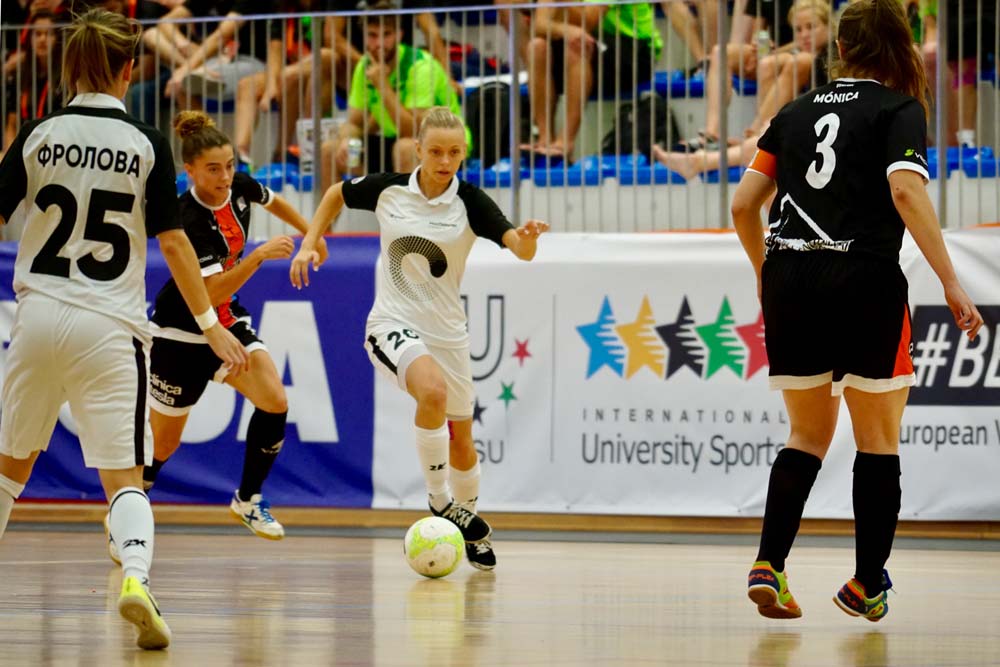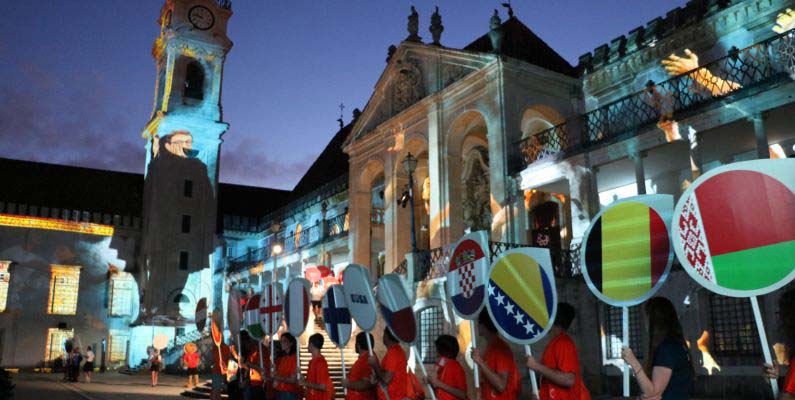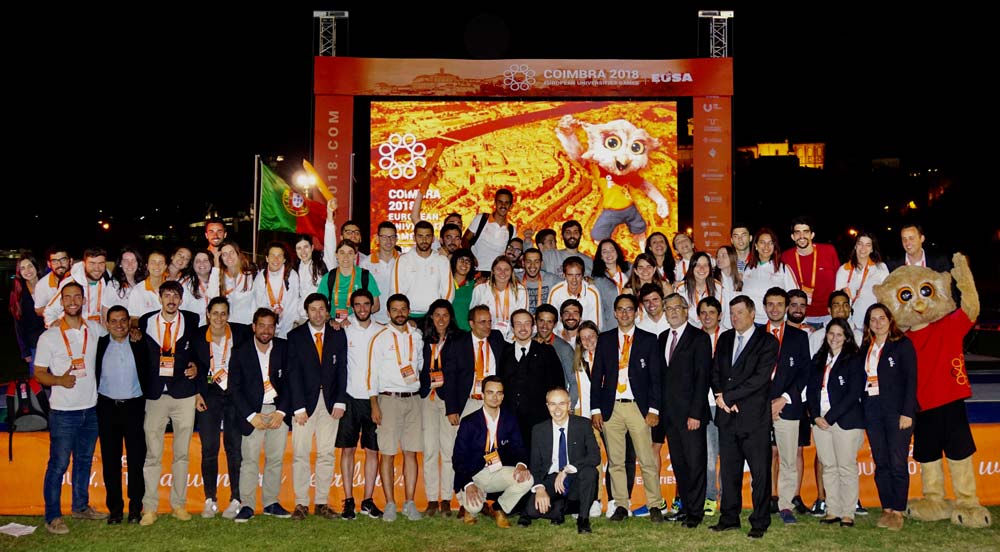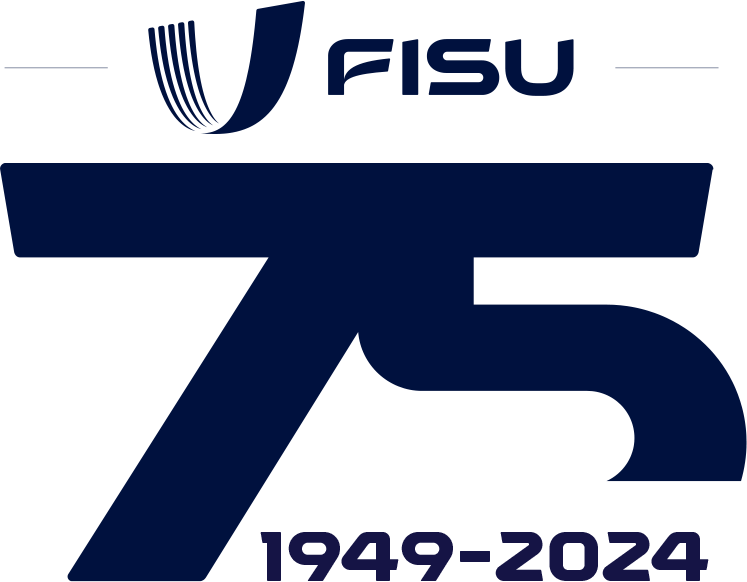The European Universities Games Coimbra 2018 came to an end after 14 days of thrilling action in Portugal
 Over 4,000 student-athletes across 13 sports took part in the Games
Over 4,000 student-athletes across 13 sports took part in the Games
The Games, held under the flag of the European University Sports Association (EUSA) and hosted by Portuguese University Sport Federation (FADU), City of Coimbra, University of Coimbra, and Academic Association of Coimbra (Academica), brought together over 4,000 participants representing 291 universities from 38 countries across 13 different sports.
Incorporating almost 700 volunteers, the European University Games Coimbra 2018 have been a celebration of sporting excellence, dedication and teamwork, on and off the field. In its structure, EUSA has pioneered a format, where universities compete directly against each other, which is increasingly being emulated around the world.
 From opening to closing, the European Universities Games generated plenty of impact
From opening to closing, the European Universities Games generated plenty of impact
In his speech at the closing ceremony, EUSA President Adam Roczek said: “The Games united thousands of people in the name of university sport and made us feel as one family.
“To all the people who contributed to this success; the University of Coimbra, Municipality of Coimbra, Academica and FADU, to the referees, security, media, protocol, catering, medical, sport and the many other services, to my colleagues from the Organising Committee, EUSA Executive Committee, commissions and office I say thank you. Today, you can proudly say we made the greatest European Universities Games ever!”
Alongside the world class sporting competition, the Games also focus on the educational and social aspects of university sport, including conferences and workshops based on the topics of anti-doping, diversity, inclusion and the dual career programme, as well as a well-attended Rectors’ Conference at Coimbra University.
FISU President Oleg Matytsin praised the work of the organisers in creating an event that offered the athletes and spectators more than just sport:
“The European Universities Games in Coimbra has been an enthralling event; from the opening events to the finals, we have seen incredible performances, shock results and amazing feats of athleticism.
“But our role in university sports is to provide educational benefits alongside the brilliant spectacle of sport. Coimbra 2018 has given our volunteers experiences of leadership, delivered informative presentations on practical issues such as anti-doping, and offered advice on how we as sports leaders promote inclusivity. This is the real value of university sport, and I hope that all who have participated over the last two weeks will go on to put their experiences into practice all over the world.”
 The fourth European University Games came to an end in Coimbra, Portugal this weekend
The fourth European University Games came to an end in Coimbra, Portugal this weekend
The European Universities Games is a multi-sport event engaging athletes from European universities, held every two years, hosted in different university cities across the continent. 2018 marked the fourth edition of the Games, Europe’s largest university sport event of the year and the largest multisport event ever organised in Portugal.
Home to one of the oldest universities in the world, Coimbra itself is a young and vibrant student city, and students from all over the world are choosing to study in Portugal. Lisbon, two hours from Coimbra, ranks 50th in the world for Best Student City and is becoming increasingly attractive to the student population. Lisbon will also become the European Capital of Sport in 2021.
At the end of the closing ceremony, the EUSA flag was brought down and passed to the organising committee of the fifth European Universities Games Belgrade 2020, which will be the second biggest multi-sport event to be held in Serbia, following the FISU Summer Universiade in 2009.
For more information, please see www.eug2018.com and www.eusa.eu.

